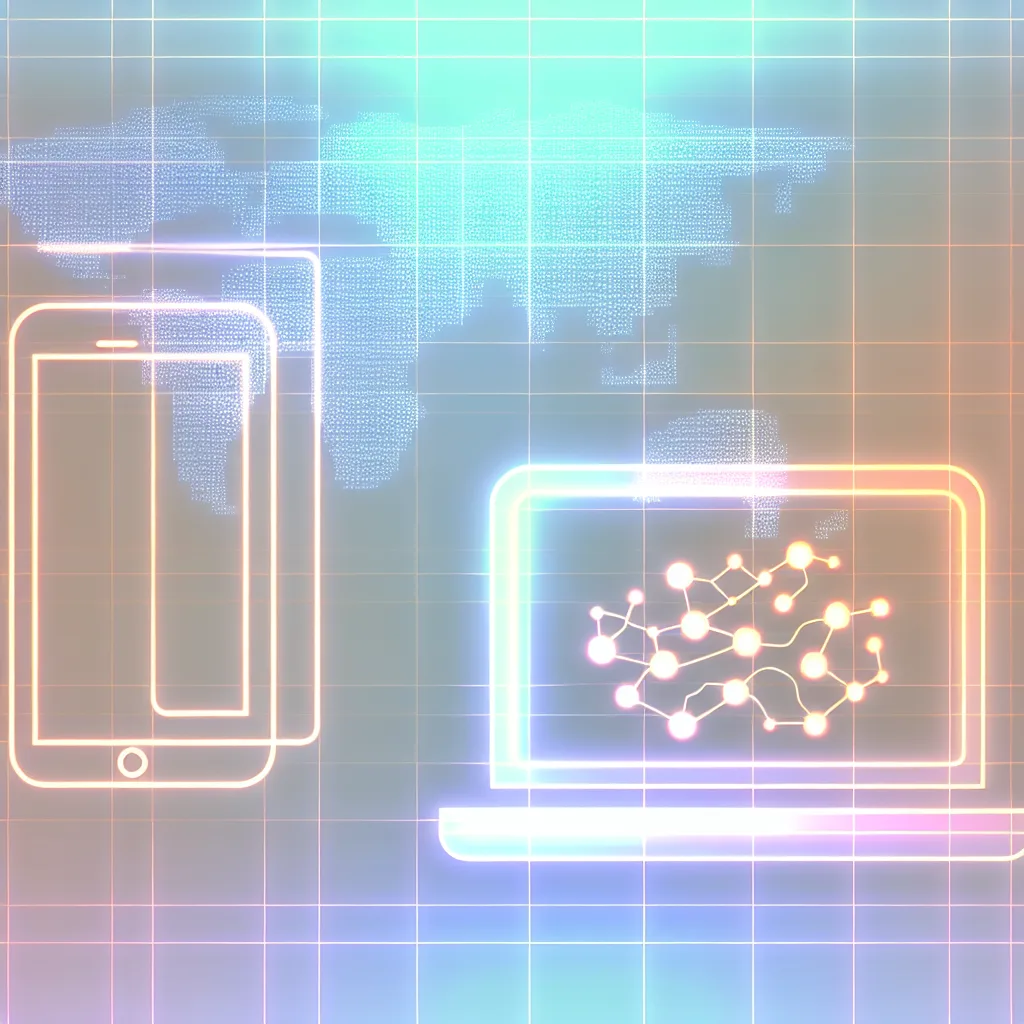Exploring the promise of GPT4ALL and offline AI in reshaping how we access information
I recently got to thinking about what it would be like if we didn’t always need the internet to get answers or find information. Specifically, what about all these new offline AI tools like GPT4ALL? Could programs like these make the traditional internet kind of… redundant? This question has been buzzing around tech circles, so let’s sit down and chat about what an offline AI tools future might really look like.
What Are Offline AI Tools Anyway?
Offline AI tools are software applications that run advanced language models and other AI functionalities directly on your device—without needing to connect to the internet every time you want to ask a question or get some information. GPT4ALL is an example of this. Instead of sending your queries to a powerful server somewhere else, these tools can process data locally. It’s like having a super-smart assistant always at your fingertips, no matter if you’re online or not.
Could Offline AI Tools Make the Internet Redundant?
The internet is pretty amazing for accessing a nearly limitless pool of information. But it also depends heavily on connectivity, raises privacy issues, and can sometimes be slow or unreliable. Offline AI tools offer a glimpse of a world where you wouldn’t have to rely on internet access to find answers. Imagine being on a plane, in a remote spot, or caught in a data outage—and still having AI handle your questions instantly.
That said, the idea that such tools will replace the internet entirely is still a stretch. Here’s why:
- Scope of information: The internet is constantly updated with new content, live news, and real-time data streams. Offline AI tools rely on the data they’re trained on, which isn’t updated constantly unless you sync them periodically.
- Storage and power: Running a highly advanced model consumes a lot of storage and computing power. Right now, many offline AI tools are simplified versions or smaller models to make it feasible.
- Limitations in understanding: While AI models have gotten impressive, they still aren’t perfect and sometimes can’t match the depth and breadth of live internet searches.
Benefits of Offline AI Tools
There’s no denying that offline AI tools come with some neat perks that have got people excited:
- Privacy: You’re not sending your searches or personal data over the internet, which can alleviate privacy concerns.
- Speed: Since processing happens locally, responses can come quicker without waiting for data transmission.
- Access: In areas with poor or no internet connectivity, you can still get useful AI-powered support.
Where Are We Now?
Developments in AI, hardware, and software are pushing offline AI tools further into the spotlight. Companies are exploring how to compress big models into smaller, more efficient ones that can run on smartphones, laptops, and desktops. Open-source projects like GPT4ALL show that it’s possible to experiment without relying on massive cloud infrastructure.
But for the foreseeable future, I think these offline AI tools will complement rather than replace our internet use. We might see a hybrid approach — using offline tools for quick, general inquiries, and switching online for more complex, dynamic information.
Final Thoughts
While it’s exciting to imagine a future where we’re less tethered to internet connections, the internet itself still serves a huge role in how we communicate, work, and access real-time information. Offline AI tools like GPT4ALL open new doors and offer practical benefits, especially for privacy and connectivity issues.
I’d say the future is more about balance than replacement. We’ll likely gain more flexibility and privacy without losing what makes the internet so valuable.
For anyone curious, you can check out more about GPT4ALL here: GPT4ALL Official, or dive into AI trends on trusted tech sites like OpenAI and TechCrunch’s AI section.
What do you think? Could you see yourself using offline AI tools more often? Or is the internet just too essential to put aside?
